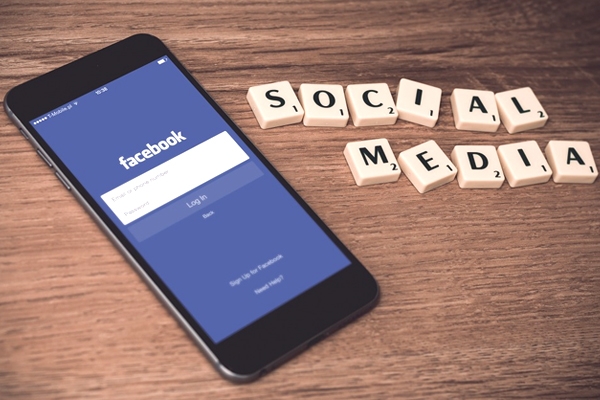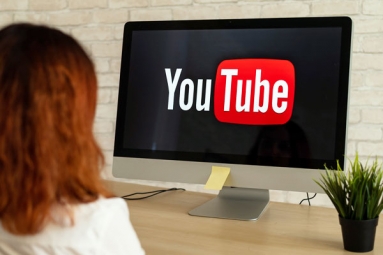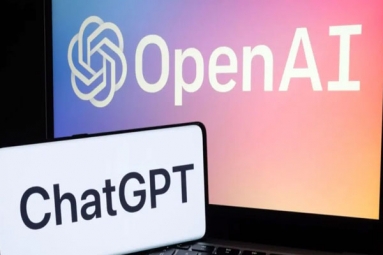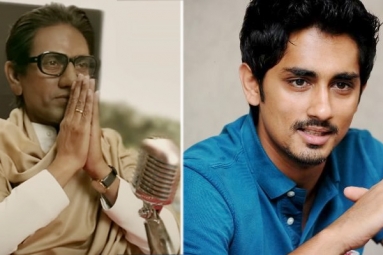
The highest proportion of hate speech - 37 percent - on Facebook India is linked to Islamophobia, an analysis of hate speech and disinformation on the social media giant by a South Asian American human rights and technology research organization revealed.
The revelation is followed by the content that can classified as casteist and gender/ sexuality-related hate speech, each accounting for 13 percent of the hate speech content and by false news (16 percent).
The report by the United State-based Equality Labs titled ‘Facebook India: Towards The Tipping Point of Violence Caste and Religious Hate Speech’ states that homophobic content is so widely prevalent on the social media giant that it had to be tracked as its own category, abstracted from all other religious minorities. “Homophobic content is foundational to the hate speech echo chamber in Facebook India… (It) is often the most violent, most threatening, and most gruesome,” the report reads.
Apart from Islamophobia, anti-religious minorities contentaccounted for another 9 percent of the hate speech.
The report, which dis-aggregates hate speech content into categories in the Indian context as also analyses Facebook’s response, is set to be released on Wednesday at the RightsCon Summit on human rights in the digital age in Tunis.
It looks at more than 1,000 posts in six Indian languages over a period of four months. The sample set is based on Facebook’s own guidelines for tier 1 hate speech which include violent or dehumanizing speech that targets a person or people based on Facebook’s defined protected categories (“race, ethnicity, national origin, religious affiliation, sexual orientation, caste, sex, gender, gender tech identity, and serious disease or disability”). This includes bullying, ontent advocating violence, and use of offensive slurs.
The study points to the failure of the content moderation process by Facebook, adding that 93 percent of all hate speech posts reported are still available on the platform. It also faults Facebook’s hiring policies that do not take in those with an understanding of issues of caste, religious, gender, and queer minorities.
A Facebook spokesperson told the Indian Express: “We recognize, respect, and seek to protect the rights of minorities and communities that are often marginalized, both in India and around the world. We have clear rules against hate speech, which we define as attacks against people on the basis of their protected characteristics, including caste, nationality, ethnicity, religion, sexual orientation, and gender identity. We take this extremely seriously and remove this content as soon as we become aware of it. To do this, we have invested in staff in India, including content reviewers, with local language capabilities and an understanding of the country’s longstanding historical and social tensions. We’ve also made significant progress in proactively detecting hate speech on our services before anyone reports it to us, to help us get to potentially harmful content faster.”
A further breakdown of posts within each category shows that of the Islamophobic posts, 6 percent is anti-Rohingya “with calls to violence similar to content that led to the Rohingya genocide in Myanmar”. The rest were mostly pertaining to ‘love jihad’, the glorification of violence by alluding to earlier instances of religious violence against Muslims, and Islamophobic profanities.
The report states that less than half of the casteist hate speech on Facebook India is relating to India’s reservation policy with the rest being caste slurs, anti-Ambedkar messages, and anti-inter-caste personal relationships content. In a similar way, the one-fourth of the posts containing sexuality/gender hate speech was found to be transphobic or queerphobic in content including calls for sexual violence.
Highlighting why Facebook needs to beef up its content moderation policy, the report states, “In a country of 1.3 billion people with over 294 million active accounts, Facebook India’s user base will soon exceed the entire population of the United States. And, unlike the U.S., Facebook India has an unprecedented growth potential of over 400 percent because a whole new generation of users has yet to come online. The future of Facebook then is the Indian market.”
Thenmozhi Soundararajan, executive director at Equality Labs, said, “Given the advocacy of many civil society groups in India about the scope and scale of hate speech and disinformation on the platform, Facebook has to work with civil society to conduct an independent human rights audit. This is a call for a thorough examination of their operations that Facebook should itself fund as they did in the U.S. market.”
Following allegations of bias from conservatives and minority groups in the U.S. and chief executive officer Mark Zuckerberg’s Congressional hearings, Facebook asked an American civil rights leader in 2018 to audit the company regarding voter suppression, content moderation, advertising targeting, diversity and more.
By Sowmya Sangam









